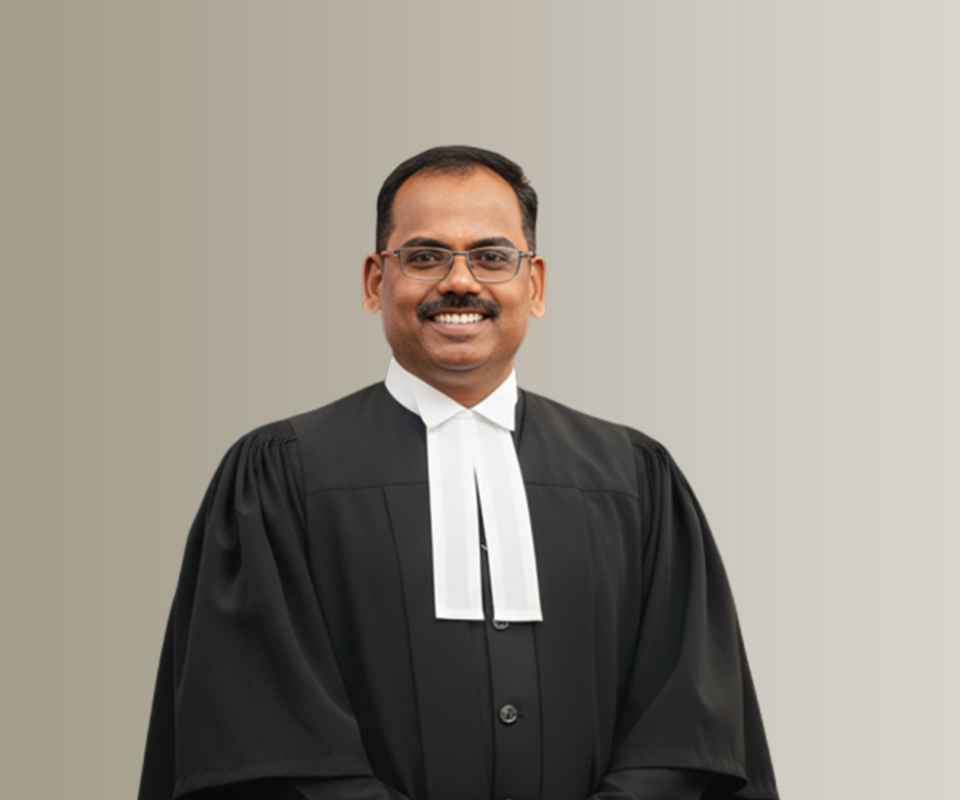Answer By law4u team
The Hindu Marriage Act, 1955 governs the legal provisions for divorce for Hindus, Buddhists, Jains, and Sikhs in India. Divorce under the Act is subject to specific sections that outline the grounds, process, and jurisdiction for dissolving a marriage. Section 13 of the Act is the primary section that deals with the legal framework for divorce, and it provides separate grounds for both contested and mutual consent divorce.
Key Sections of Hindu Marriage Act Relating to Divorce
1. Section 13 – Grounds for Divorce
Section 13 of the Hindu Marriage Act, 1955 is the central provision that outlines the grounds on which either spouse can file for divorce. This section provides both contested and mutual consent divorce grounds, as outlined below:
Grounds for Divorce under Section 13(1) (Contested Divorce)
A spouse can seek divorce under Section 13(1) on the following grounds:
- Adultery: If the other spouse has committed adultery, it is a valid ground for divorce.
- Cruelty: If a spouse has treated the other with cruelty, whether physical, mental, or emotional, it can be grounds for divorce.
- Desertion: If one spouse deserts the other without any reasonable cause for a continuous period of at least 2 years.
- Mental Illness: If the spouse has been suffering from severe mental illness for a prolonged period and is incapable of being treated, the other spouse can seek a divorce.
- Incurable Disease: If the spouse suffers from a contagious or incurable disease such as leprosy or sexually transmitted diseases (including HIV/AIDS), the other spouse can seek divorce.
- Conversion: If one spouse has converted to another religion, it becomes a ground for divorce.
- Renunciation of the World: If the spouse has renounced the world by becoming a monk or is a religious ascetic.
- Non-consummation of Marriage: If the marriage is not consummated due to one spouse being impotent, the other spouse can file for divorce.
Grounds for Divorce under Section 13B (Mutual Consent Divorce)
Under Section 13B, a mutual consent divorce is provided for in cases where both parties agree to dissolve the marriage. To file for mutual consent divorce, the following conditions must be met:
- Both spouses must have been living separately for a period of 1 year or more.
- Both spouses mutually agree to the divorce.
- They must settle all issues, including alimony, child custody, and division of property (if applicable).
2. Section 13A – Divorce by Mutual Consent (Specific Application)
This section further explains the mutual consent divorce procedure. Both spouses need to make a joint application to the court, and if the court is satisfied that there is no chance of reconciliation, it may grant the divorce.
The two major conditions for mutual consent divorce are:
- The couple must have been living separately for at least 1 year.
- The couple must consent to the divorce voluntarily.
This is one of the simplest forms of divorce, as it doesn’t require proof of fault by either spouse.
3. Section 14 – Restriction on Divorce
Section 14 imposes a restriction on filing for divorce under the Hindu Marriage Act. It states that:
- A divorce petition cannot be filed within one year of the marriage, unless the court finds special circumstances that justify the application. This is aimed at allowing the couple to attempt reconciliation or better understand their relationship.
- In the case of a contested divorce, this section does not apply, but it is a limitation for filing for divorce by mutual consent.
4. Section 15 – Divorce Decree and Re-marriage
Section 15 deals with the decree of divorce and the right of the spouses to remarry after divorce:
- Once a divorce decree is granted, either party has the right to remarry.
- The divorce is final after the expiration of the time given for appeal (usually 30 days).
- Re-marriage can occur after the finalization of the divorce decree, but the other spouse must not marry during the appeal period.
Process of Filing for Divorce Under Hindu Marriage Act
Filing the Divorce Petition: The first step is to file a divorce petition in the family court stating the grounds for divorce (whether mutual consent or contested). The petition must be signed by the petitioner and must contain a clear statement of the grounds for divorce.
Notice to the Respondent: After the petition is filed, the court will issue a summons to the respondent (the other spouse). The respondent must appear in court to either contest or consent to the divorce.
Court Hearing and Evidence: If it is a contested divorce, both parties will present their evidence and witnesses. If it is a mutual consent divorce, the court will check if the terms are agreed upon by both parties.
Mediation or Reconciliation Attempts: In contested divorces, the court may suggest mediation or reconciliation to attempt to resolve the matter amicably before granting the divorce.
Divorce Decree: Once the court is satisfied with the evidence and documents presented, it will pass a divorce decree.
Appeals: Either party can appeal the court’s decision within 30 days of the judgment if they are dissatisfied with the decree.
Example
Example of Divorce under Hindu Marriage Act
Ravi and Priya have been married for 8 years. Priya files for divorce under Section 13(1) on the grounds of cruelty. She provides evidence of physical and emotional abuse, including medical reports, police complaints, and testimonies from family members.
Steps:
- Ravi receives the divorce petition and contests the allegations. He files a counter-petition.
- The court conducts hearings, and both parties present their evidence.
- After multiple hearings and mediation attempts fail, the court grants a divorce decree in Priya’s favor based on cruelty.
- Ravi has the right to appeal the decision within 30 days.
Conclusion
Divorce under the Hindu Marriage Act, 1955 is primarily governed by Section 13, which lists the grounds for divorce, including cruelty, adultery, desertion, mental illness, and others. If both parties agree, Section 13B provides the option for mutual consent divorce after living separately for at least one year. The Act also contains provisions under Section 14 and Section 15 regarding restrictions on divorce filings and the right to remarry post-divorce. Understanding these sections helps in navigating the legal process of divorce and ensures that both parties are aware of their rights and obligations.







